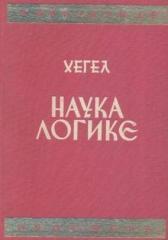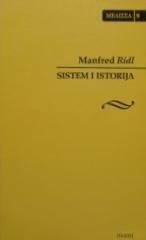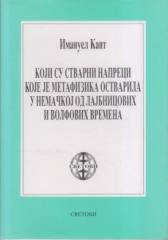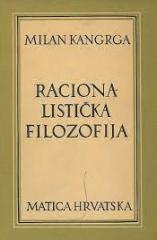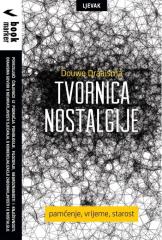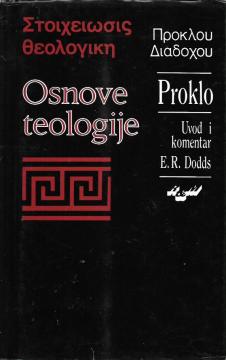
Osnove teologije
Proclus Diadochos (412–485), a Neoplatonist philosopher, systematically presents his metaphysical and theological philosophy, based on the Platonic tradition, with the influence of Plotinus and Iamblichus, in his work Elements of Theology (Elementatio The
The work is structured as a series of axioms and propositions, logically connected, with the aim of explaining the nature of reality, God, and the relationship between the one and the many.
Proclus begins with the concept of the One (to Hen), an absolute, transcendent principle above all categories, which is the source of all that exists. All that exists emanates from the One through a series of hierarchically ordered levels: Mind (Nous), Soul (Psyche), and the material world. Each level participates in the higher, but is limited by its nature. Proclus introduces the concept of henadas, divine units that mediate between the One and the lower levels, allowing for diversity within unity.
The central theme is causality: everything emanates from the One, but causes remain present in their effects, and effects return to their causes (procession and return). Proclus also considers time and eternity, where eternity is a property of higher beings, while time is a characteristic of lower, changing levels.
The work is significant because it synthesizes Neoplatonism into a coherent system, influencing Christian theology (e.g. Pseudo-Dionysius) and medieval philosophy. Proclus' rigor and logical precision make the Foundations of Theology a key text for understanding Neoplatonist metaphysics.
No copies available
The last copy was sold recently.

